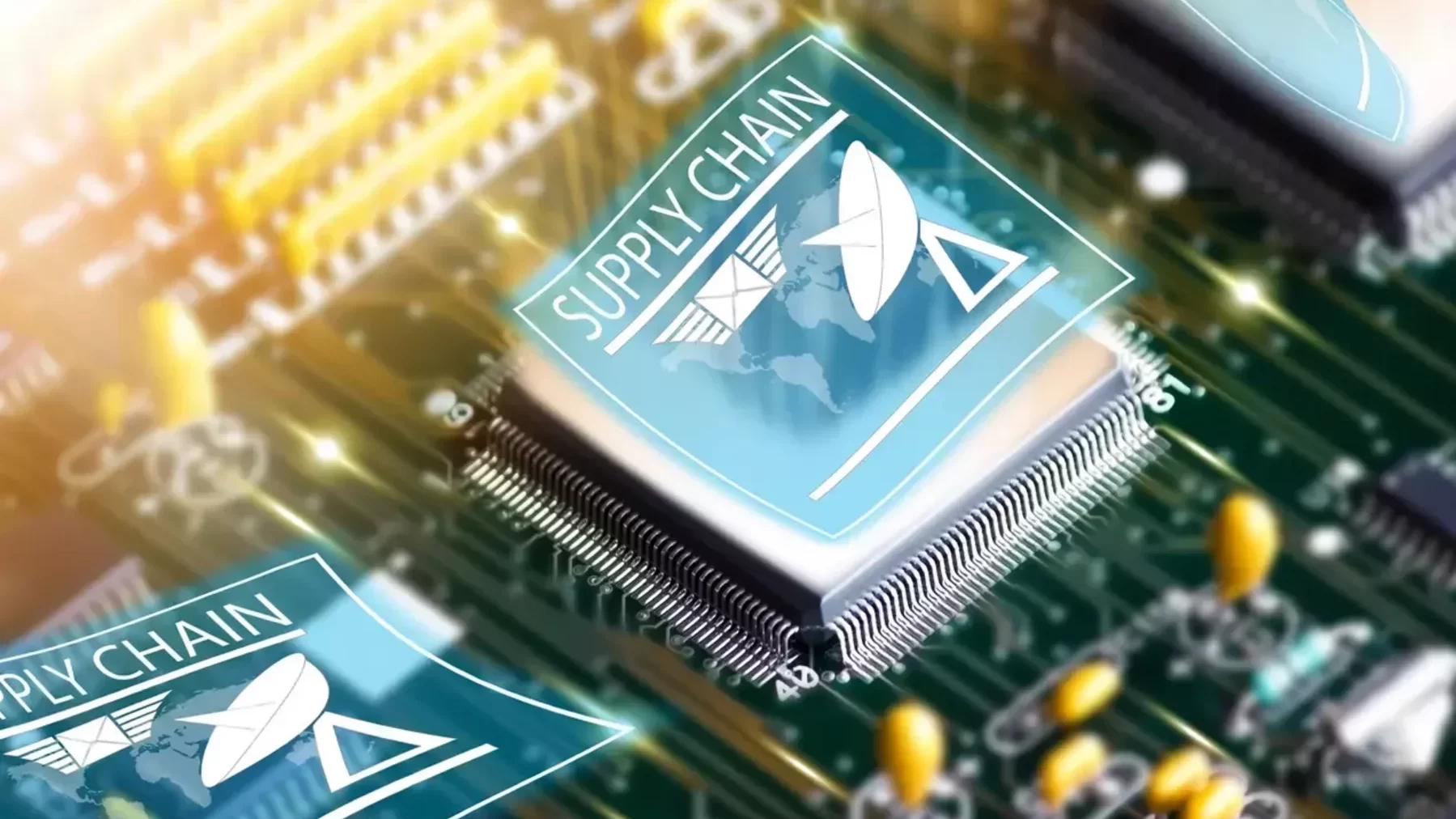The semiconductor supply chain has faced significant challenges in recent years, from pandemic-induced factory shutdowns to geopolitical tensions and natural disasters. These disruptions have highlighted the vulnerability of global supply chains and underscored the need for resilience in semiconductor production. Here are key lessons learned that can guide future strategies:
1. Diversification of Suppliers
The semiconductor supply chain’s concentration in specific regions like East Asia makes it particularly susceptible to disruptions. Recent crises have shown the risks associated with relying too heavily on any one country for chip manufacturing or raw materials. To build resilience, companies are diversifying their supplier base, expanding manufacturing capabilities to multiple locations, and mitigating risk by sourcing from varied geographies. For instance, the U.S. and Europe are now focusing on increasing local semiconductor production capacity to reduce dependency on external sources.
2. Investing in Regional Manufacturing Hubs
Governments and private enterprises are investing heavily in regional semiconductor hubs to reduce bottlenecks. The creation of manufacturing hubs in North America and Europe, supported by government incentives such as the U.S. CHIPS Act, aims to address regional shortages and enhance local supply chain stability. Such initiatives not only help avoid international bottlenecks but also align production more closely with demand.
3. End-to-End Visibility and AI Integration
Improving visibility across the supply chain is crucial for resilience. Semiconductor manufacturers are increasingly leveraging AI and data analytics to predict and respond to disruptions. AI models can analyze supply chain data to identify vulnerabilities, predict delays, and recommend proactive measures. Real-time tracking and predictive maintenance powered by AI can also prevent production delays by identifying equipment issues before they become significant problems.
4. Building Strategic Inventories
Recent supply shortages have highlighted the importance of maintaining strategic inventories of critical components and raw materials. While lean manufacturing practices have been the norm for efficiency, a balance is needed between just-in-time production and holding essential buffer stocks. Companies are rethinking inventory management to ensure they have enough buffer during unexpected disruptions without incurring excessive holding costs.
5. Collaborations and Alliances
The semiconductor industry relies on a complex global network of suppliers, equipment makers, and manufacturers. Collaboration is essential for increasing supply chain resilience. Recent disruptions have fostered alliances between semiconductor giants, equipment suppliers, and even governments to create contingency plans, share resources, and ensure a smoother flow of critical components. These collaborations are fostering a more integrated approach, enhancing overall sector resilience.
6. Focus on Sustainability
Sustainable supply chain practices have become more significant, as disruptions often have far-reaching impacts on local communities and environments. Sustainable practices such as energy-efficient fabs and reduced water use not only mitigate risks but also build resilience by minimizing environmental dependencies. Forward-thinking companies are integrating sustainability into their operational strategies to protect themselves against future disruptions that could be caused by climate change and other environmental issues.
7. Flexible Manufacturing Processes
To adapt to changing conditions, semiconductor manufacturers are increasingly adopting flexible production techniques, such as reconfigurable assembly lines and modular production capabilities. By using advanced packaging and adaptable fabrication techniques, companies can shift resources and production focus more dynamically, depending on where the need arises. This flexibility is key to responding quickly to new disruptions without overhauling the entire supply chain.
The Role of Metis Advisory in Navigating Disruptions
Resilience in the semiconductor supply chain is a multifaceted endeavor, involving strategic diversification, collaboration, and investment in new technologies. Metis Advisory can assist semiconductor companies in creating resilient supply chain strategies tailored to their unique needs. With insights into market dynamics and risk management, Metis can help businesses navigate uncertainties, secure alternative supply routes, and implement proactive measures for sustainable growth in a volatile global environment.
Conclusion
The recent disruptions in the semiconductor supply chain have provided crucial lessons on the importance of resilience. By diversifying suppliers, increasing regional production, leveraging AI, building strategic inventories, fostering collaboration, and embracing sustainability, the semiconductor industry can better prepare for future challenges. As the industry continues to evolve, resilience will be the cornerstone of ensuring stable growth and meeting the increasing global demand for semiconductors.





